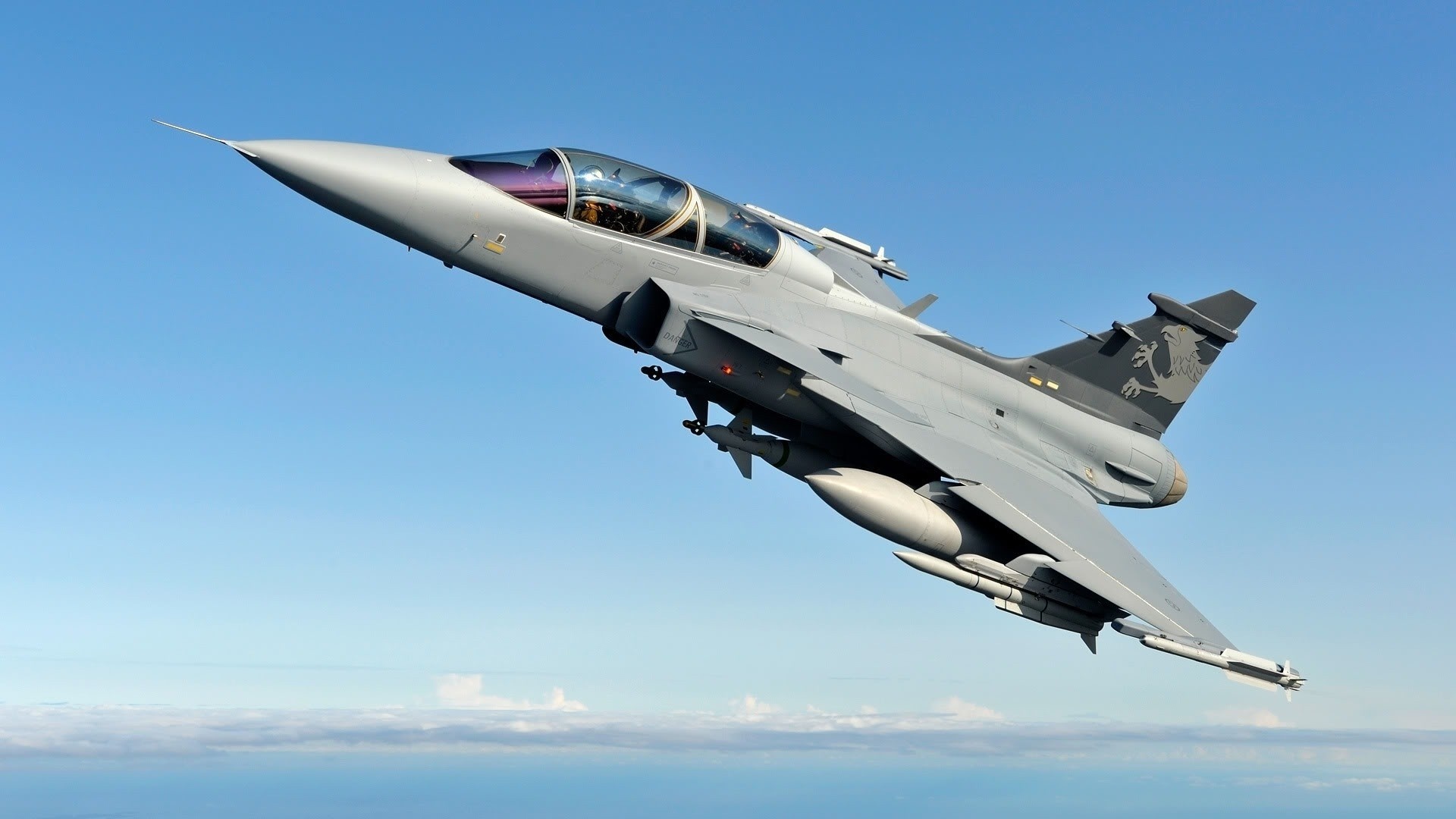Turkey has agreed to allow U.S. warplanes to use its air bases for the first time for bombing missions against Islamic State in Syria, U.S. and Turkish officials said.
The agreement came after President Obama spoke with Turkish President Recep Tayyip Erdogan and discussed the two countries’ deepening involvement in the fight against the Sunni Muslim extremists, who have seized vast swaths of Iraq and Syria.
On Monday, Turkey blamed Islamic State militants for a suicide bombing that killed at least 32 people and wounded more than 100.
U.S. officials have pressed Turkey for months to gain access to Incirlik Air Base because of its proximity to Syria, which shares a 500-mile border with Turkey. The U.S.-led air campaign has instead relied on launching airstrikes from aircraft carriers and other bases in the region.
Erdogan’s willingness to host warplanes at Incirlik brings U.S. military jets closer to the fight and will shorten the time between an airstrike being called in and a target being hit, U.S. officials have said.
The Pentagon currently lacks an effective partner on the ground in Syria and is not in close communication with any militia group. The U.S. has begun training and equipping moderate Syrian rebels as a future ground force that may one day have the ability to call in U.S. air support.
Turkey has been hesitant to become too directly involved in the U.S.-led effort against Islamic State. Up until now, it has offered Incirlik to host only unarmed U.S. drones.
Turkey’s Zaman newspaper cited unnamed sources Thursday saying that there are six U.S. Predator drones at Incirlik and that two will be armed with Hellfire air-to-surface missiles. The newspaper reported that Turkish warplanes would not participate in the campaign.
Turkish officials have been concerned about the close collaboration between the U.S.-led air operation and Kurdish militias in northern Syria that are fighting Islamic State. The Syrian Kurdish armed faction is known as a proxy of the Kurdistan Workers Party, which has battled Turkey for more than three decades for greater autonomy.
Opening up Incirlik could be an indication that Turkish officials are wary of the possibility of a stepped-up terrorist campaign in Turkey by Islamic State, which is suspected of having cells and sympathizers there.
The Turkish government has been routinely criticized for not increasing its border security, but the government denies it has enabled Islamic State militants to move in and out of Syria.
Thousands of refugees fleeing Islamic State have flooded into Turkey in the last year. Turkish officials have been asking the U.S. to provide a buffer zone along the border to stem the flow of refugees and stop the spillover of violence as a prerequisite for U.S. warplanes’ access to Incirlik.
Turkey also wanted the U.S. to establish a no-fly zone, in which fighter jets would regularly patrol the border and shoot down any Syrian military aircraft that breach the border, but the country appears to have relented on its requests.
Los Angeles Times














